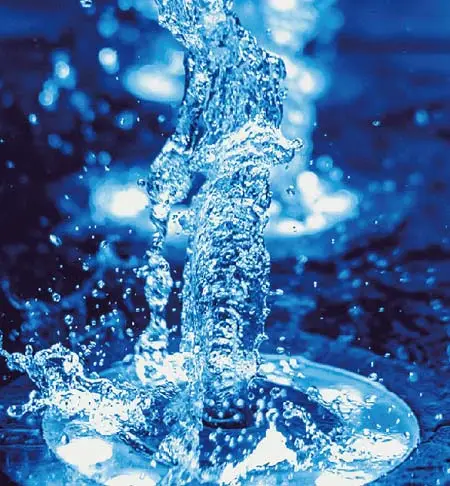
Membrane material is a type of material that is used for a variety of purposes, including filtration, separation, and containment. It is typically composed of a thin sheet of material that is resistant to permeation, allowing it to contain fluids, gases, and other substances while preventing them from passing through. Membrane materials are often used in the medical, chemical, and water treatment industries, as well as in a variety of other industries. They are available in a variety of materials, including polymers, metals, and ceramics, and can be made to be either porous or impermeable. They are also used in the production of membranes for fuel cells, reverse osmosis systems, and other technologies.

The choice of membrane material is a critical factor in membrane performance. Different materials have different properties that affect their ability to separate substances, filter out contaminants, and resist fouling. For example, cellulose acetate membranes are hydrophilic and have a high permeability, while polysulfone membranes are hydrophobic and have a low permeability. Additionally, polyethersulfone membranes are highly resistant to chemical and thermal degradation, while polyvinylidene fluoride membranes are highly resistant to organic solvents. Therefore, the choice of membrane material can have a significant impact on membrane performance.
Email:
r@reformchem.comCall Us:
+86-17551318830Address:
17th Yuanlin Road, Chongchuan area, Nantong, Jiangsu, China.